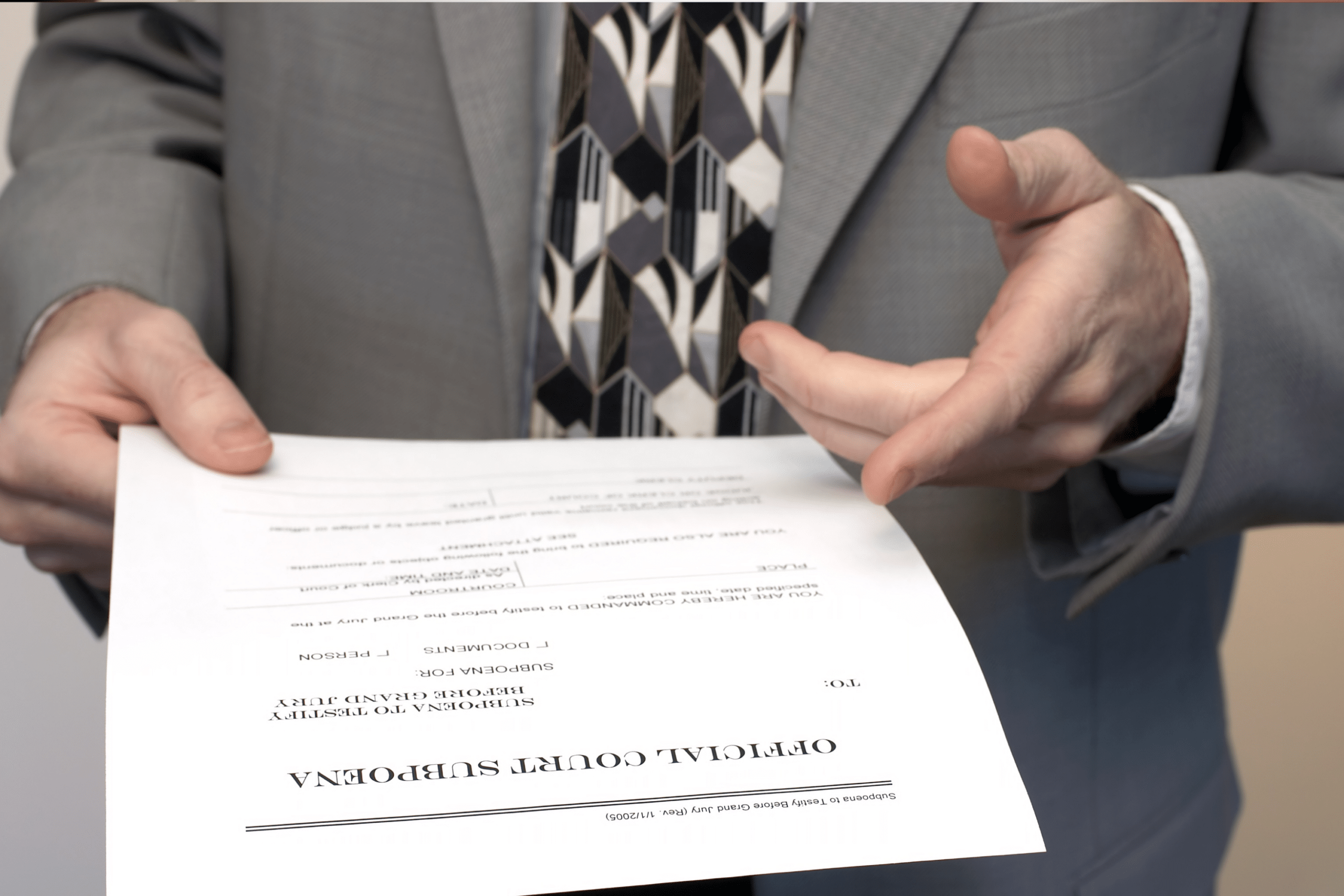Facing allegations of domestic violence can be a daunting and emotionally charged experience. When the accuser fails to appear in court or refuses to testify, it can have significant implications for the case. In North Carolina, as in many other jurisdictions, the legal system must carefully navigate the complexities of such situations to ensure justice is served while protecting the rights of all parties involved.
The Importance of the Accuser’s Testimony
In domestic violence cases, the accuser’s testimony is often a crucial piece of evidence. Their account of the events, injuries sustained, and emotional distress suffered plays a pivotal role in the prosecution’s case. However, if the accuser fails to appear in court or refuses to testify, the case’s dynamics can change dramatically.
Criminal Contempt of Court
When a domestic violence accuser fails to appear in court after being properly subpoenaed, they may be held in contempt of court. This means that the court can impose penalties on the accuser for disobeying a court order. These penalties can range from fines to imprisonment, depending on the severity of the case and the court’s discretion.
Prosecution Challenges
The absence of the accuser’s testimony can create substantial challenges for the prosecution. Without the primary witness to corroborate their case, the prosecution’s case may weaken. In some situations, the prosecutor may have to rely on other forms of evidence, such as medical records, photographs of injuries, or eyewitness testimony.
Defense Strategies
On the other hand, the absence of the accuser can provide opportunities for the defense. Defense attorneys may argue that the lack of testimony raises reasonable doubt about the defendant’s guilt. They may question the credibility of the accuser’s claims and suggest that the accuser’s absence suggests their lack of confidence in their own allegations.
Nolle Prosequi or Dismissal
In some cases, when the accuser fails to appear, the prosecution may choose to drop the charges voluntarily. This legal action is known as “nolle prosequi.” It essentially means that the prosecutor is not pursuing the case further, often due to a lack of evidence or the accuser’s unwillingness to cooperate. In such instances, the defendant is typically released from custody, and the case is closed.
Witness Coercion or Fear
There are instances where the accuser may refuse to testify out of fear for their safety. Domestic violence cases can be emotionally charged, and the accuser may worry about potential retaliation from the defendant. To address this concern, courts may take measures to ensure the accuser’s safety, such as issuing protective orders or arranging for secure testimony through closed-circuit television.
Subpoena Enforcement
If the accuser is hesitant to appear in court, the court can enforce the subpoena by issuing a show-cause order. This requires the accuser to explain their failure to appear. If the accuser has a valid reason, such as a medical emergency, their absence may be excused. However, if they fail to provide a valid explanation, they may face legal consequences for contempt of court.
Domestic Violence Cases in NC
When a domestic violence accuser fails to appear in court or refuses to testify in North Carolina, it can have various legal consequences and implications for the case. While the absence of the accuser can create challenges for both the prosecution and defense, the court must ensure that justice is served while protecting the rights and safety of all parties involved.
Each case is unique, and the outcome will depend on the specific circumstances and the actions taken by the parties and the court. It is essential for individuals facing such situations to seek legal counsel to navigate the complexities of domestic violence cases effectively.









